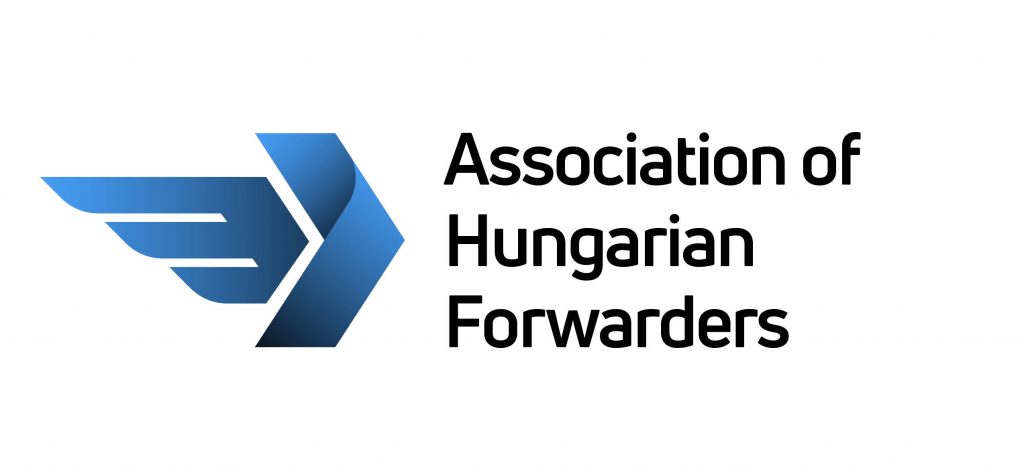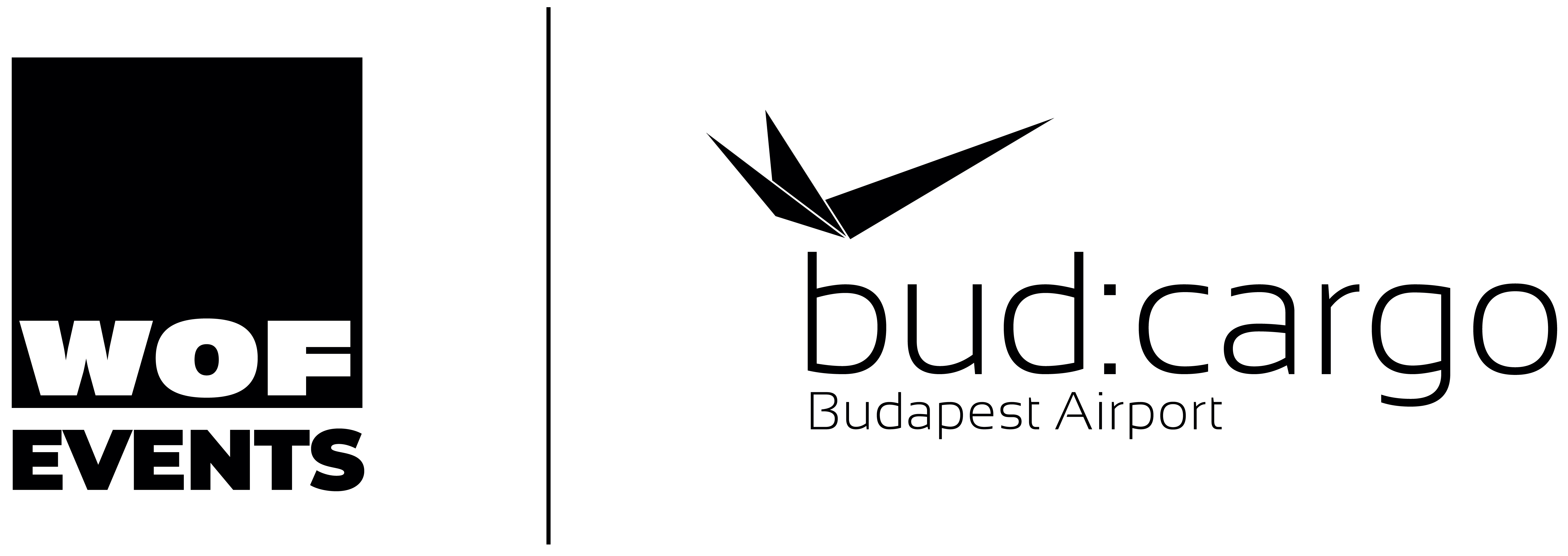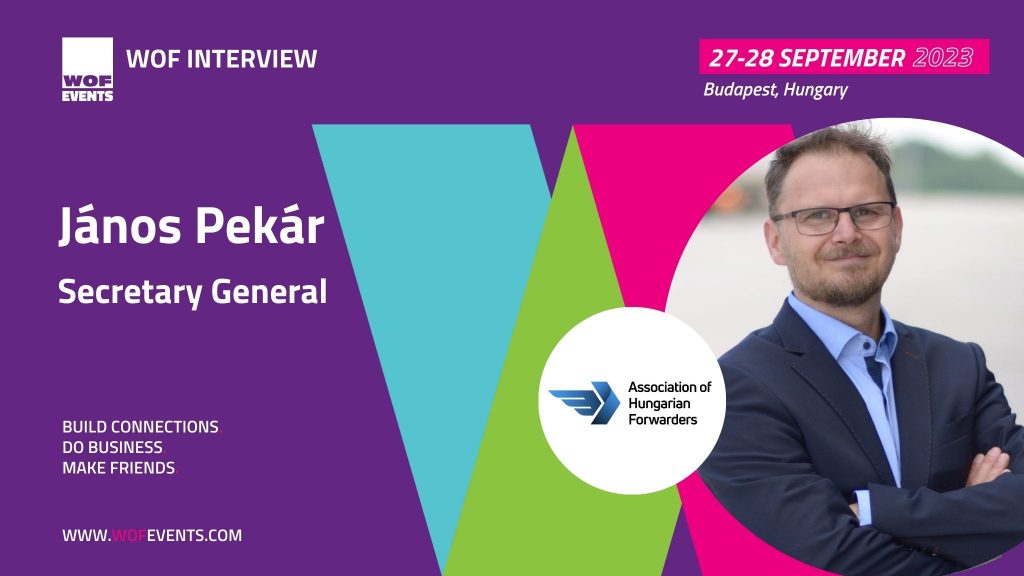INTERVIEW with János Pekár, Secretary General at Association of Hungarian Forwarders
Meet János Pekár, whose diverse expertise spans across logistics, economics, and law. Currently heading procurement at Kühne + Nagel Kft., Janos brings his valuable insights from years of experience in the transportation and logistics industry. Stay tuned as we dive into an interesting conversation with János from the position of Secretary General of one of the most well-known logistics associations in Hungary.
What key role does the Association of Hungarian Forwarders (AHF) play in the Hungarian logistics world, and what added value does membership brings to the current and potential new members?
- The AHF is an organisation that represents the interests of members of the forwarding industry in Hungary. Among others, the AHF is responsible for the approval of the Hungarian General Forwarding Conditions. The Association operates several working groups which apply the members’ experience and group wisdom to the treatment of various professional issues in forwarding and logistics. Furthermore, the AHF actively participates in freight forwarding education both at secondary and university levels and arrange professional conferences for the freight and logistics industry. The Association of Hungarian Forwarders, as a Hungarian national federation, is a member of FIATA (Federation of Freight Forwarders Associations), the world association of freight forwarders, and a member of CLECAT (European Liaison Committee of Common Market Forwarders).
Do you see room for cooperation with the political sector and private logistics sector for building logistics parks, terminals, and other crucial parts of the missing infrastructure, and is this dialog happening in Hungary? Can you name any examples?
- The AHF maintains continuous contact with the Hungarian Chamber of Commerce and Industry, and the KTI Hungarian Institute for Transport Sciences and Logistics, as well as with other Hungarian forwarding, logistics and transportation associations and organizations. Our activities also include the submission of recommendations to Governmental bodies. Therefore, we support the Ministry of Construction and Transport in the implementation of e-CMR in Hungary, as well as the Ministry for Economic Development in the fine-tuning of Logistics Park Titles, and last but not least, the Ministry of Foreign Affairs and Trade in the development of the Hungarian Port in Trieste.
What are your thoughts on emerging booking platforms and the rivalry between them and freight forwarders?
- I would not call it rivalry; these are two entirely different services. The more complex the supply chain, the stronger the necessity of professional and personal support. I am convinced that despite booking platforms consolidating their market share in the future, they will never replace qualified freight forwarders, just as booking.com did not and will not replace experienced travel agencies.
What, in your opinion, are the key elements in the “fight” of small and midsized freight forwarders against big players such as Maersk or CMA CGM, etc.?
- Freight forwarding has been, and always will be a people business. Small and midsized freight forwarders can offer a tailor-made solution for their customers, while big players are more focused on processes that often result in a homogenized one-fits-all, effective but impersonal solution. I believe that the existence of several models offers customers a wide variety of price-service-quality mix that is beneficial for the whole industry.

Website: www.szallitmanyozok.hu/en

